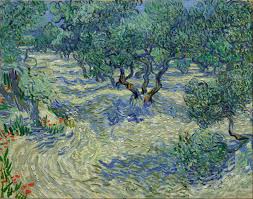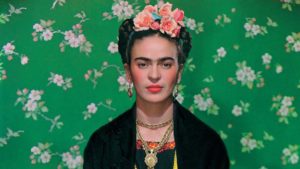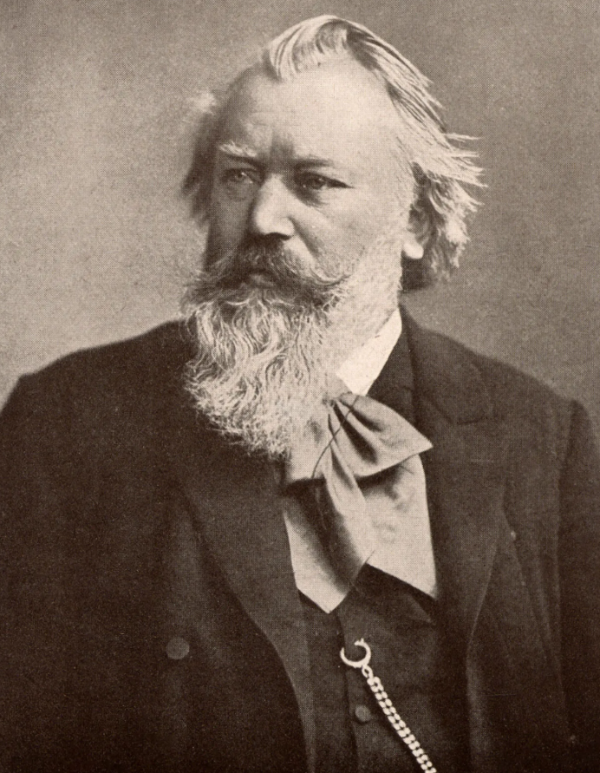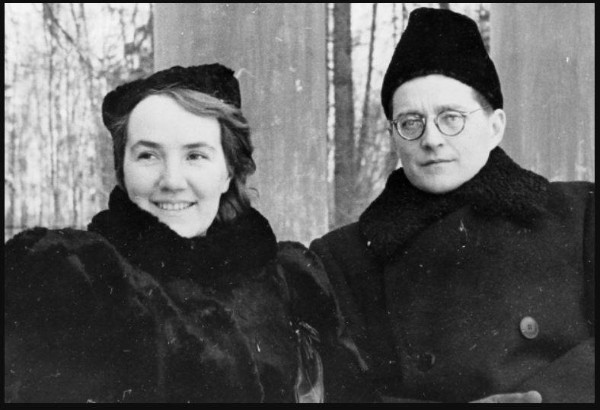
© encrypted-tbn0.gstatic.com
The current world situation and the spread of the biggest pandemic of the century — resulting in quarantine and isolation —has brought many people in front of one of their scariest fear: solitude. Contradictorily, for the artists it is a long awaited moment. Although most seek social interactions and human contact, a solitary moment is necessary for them to provoke creation. The context of isolation allows the artist to get closer to his creative self. Shutting down external senses and stimuli, it also allows him to hear his internal self. In isolation, the creative being gets a chance to open up a conversation with himself and his muses. It is in great solitude that the artist hears himself speak.

© ichef.bbci.co.uk
Free from the external world, the artist rediscovers the greatest luxury of all: time. Time to waste and time to invest; intellectual time, physical time and spiritual time. For the full-time artist, as well as the part-time one, this is a gift. The artist is offered the possibility to meditate and reflect on his past and future achievements; to visualise where he sits in his creative timeline. He then gets two opportunities; the one to learn and the one to create. Through immersion and discovery, the artist ignites creative ideas and inspiration. A dialogue with the muses. Isolation creates the chain reaction of creativity and the outburst of ideas. There is one great demon that faces the artist: procrastination. But this demon comes with a surprising good; the apparent waste of time is the moment for the artist to be present. Eastern beliefs call procrastination: being present. It is a moment to take consciousness of the senses, of the effects of the senses on the artist.
Many artists have claimed the benefits of isolation — although many of them have been its victim. From painters Monet, Van Gogh, Hopper, Munch and Kahlo — “I paint self-portraits because I am so often alone.” —, to writers Hesse, Orwell and Shakespeare — who wrote King Lear while in quarantine from the plague. Bon Iver owes the success of their first album For Emma, Forever Ago from the isolation of Justin Vernon (the main songwriter) in his father’s hunting cabin in Wisconsin. The limitations of isolation often result in the creative innovations.
The resulting silence of isolation offers the opportunity for the artist to hear his internal noise.
“When I am, as it were, completely myself, entirely alone, and of good cheer – say, traveling in a carriage or walking after a good meal or during the night when I cannot sleep — it is on such occasions that my ideas flow best and most abundantly.” Wolfgang Amadeus Mozart


